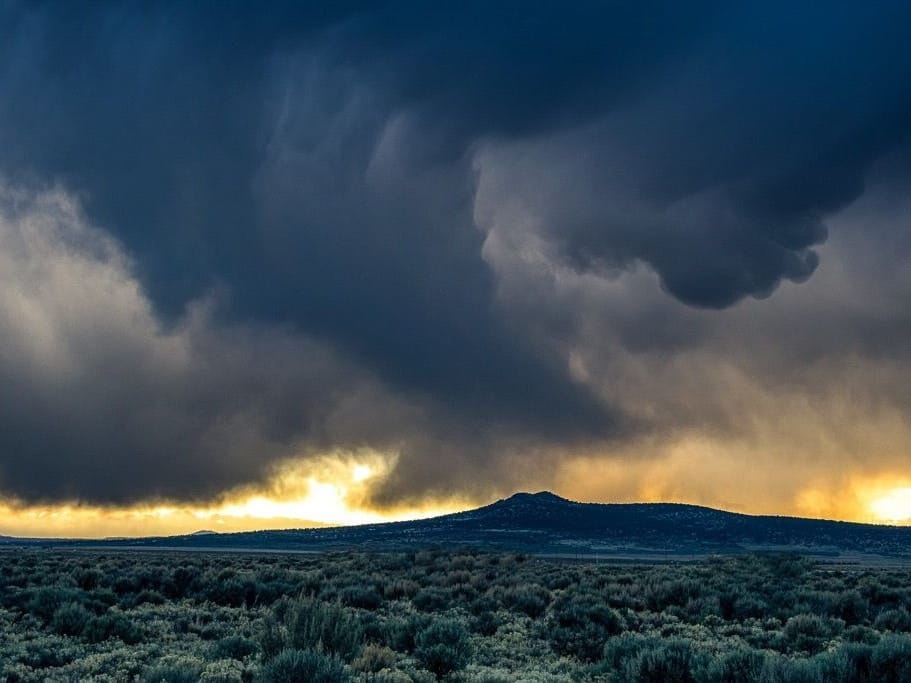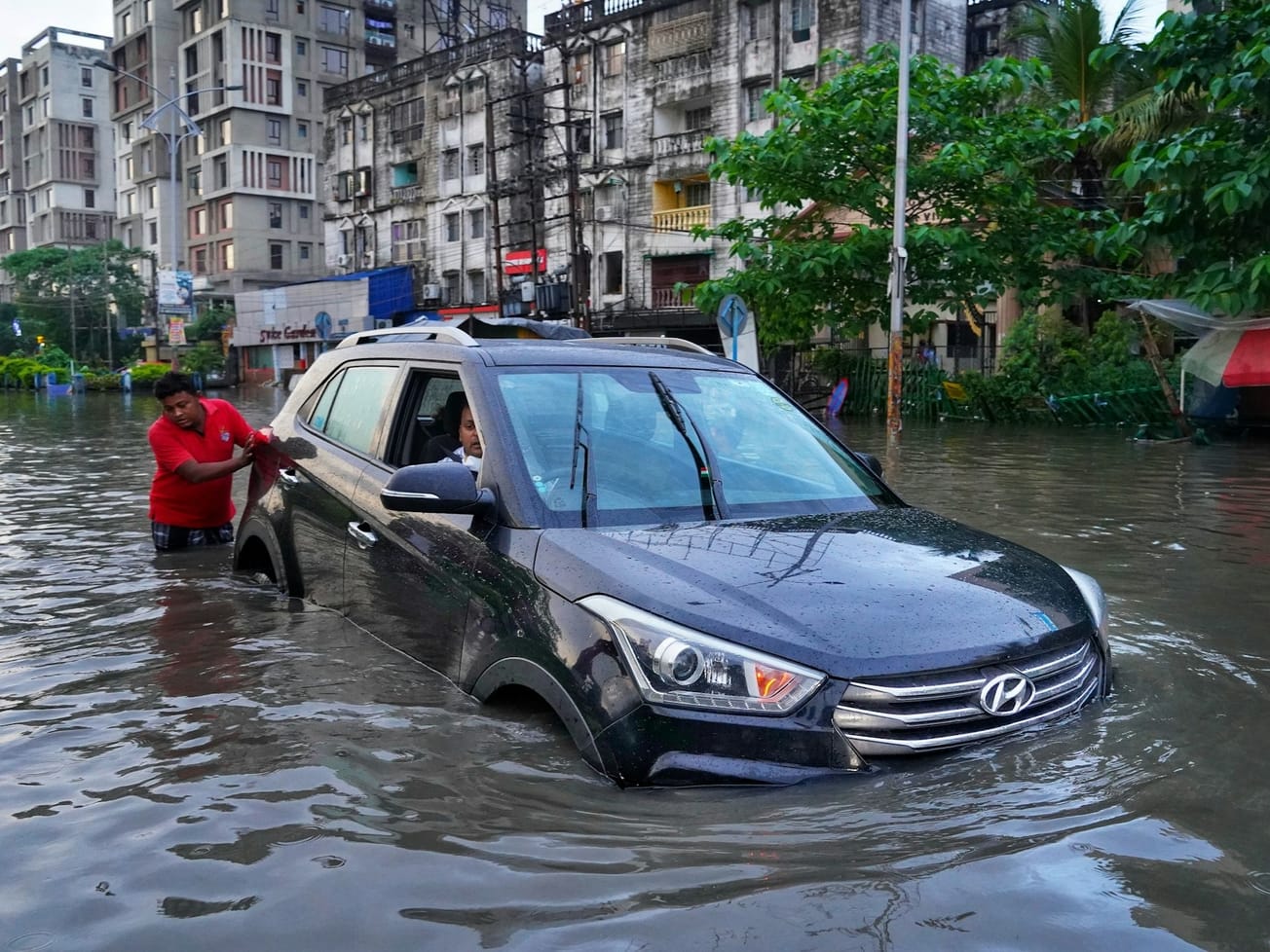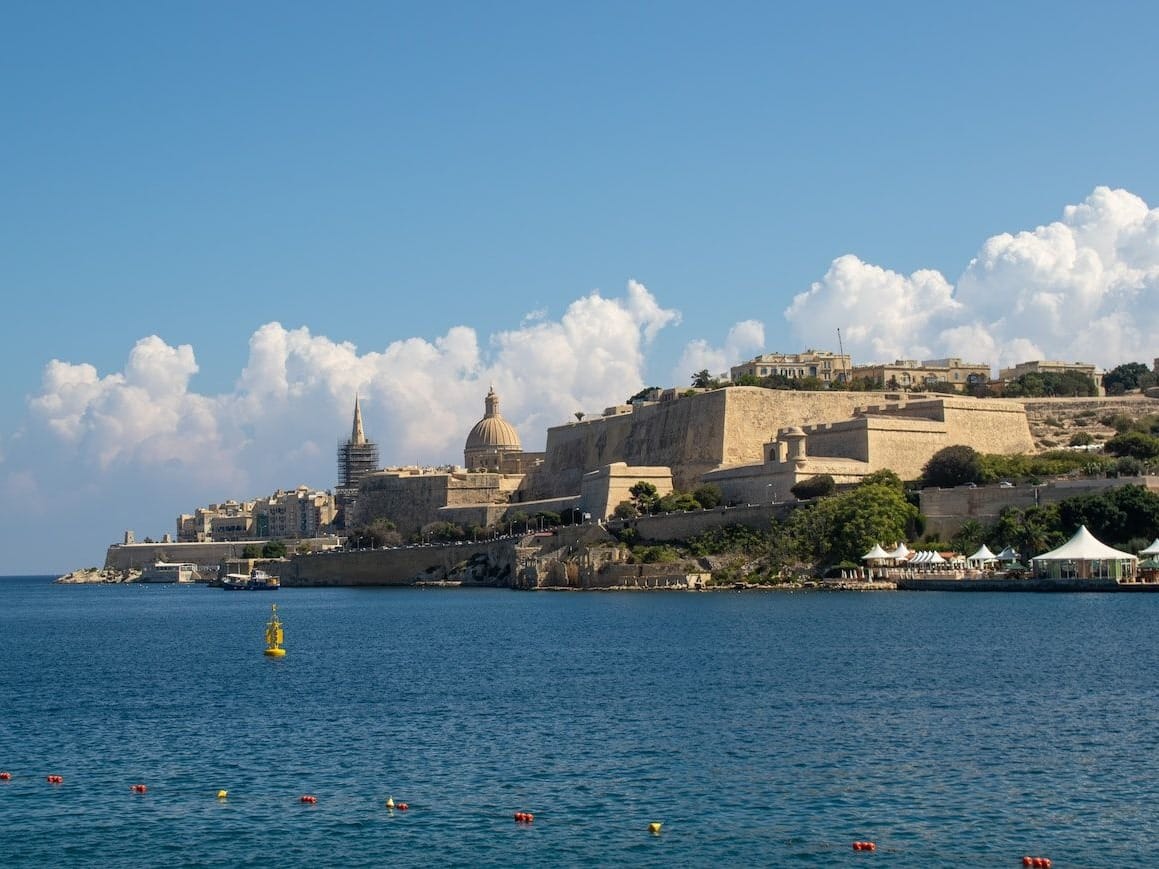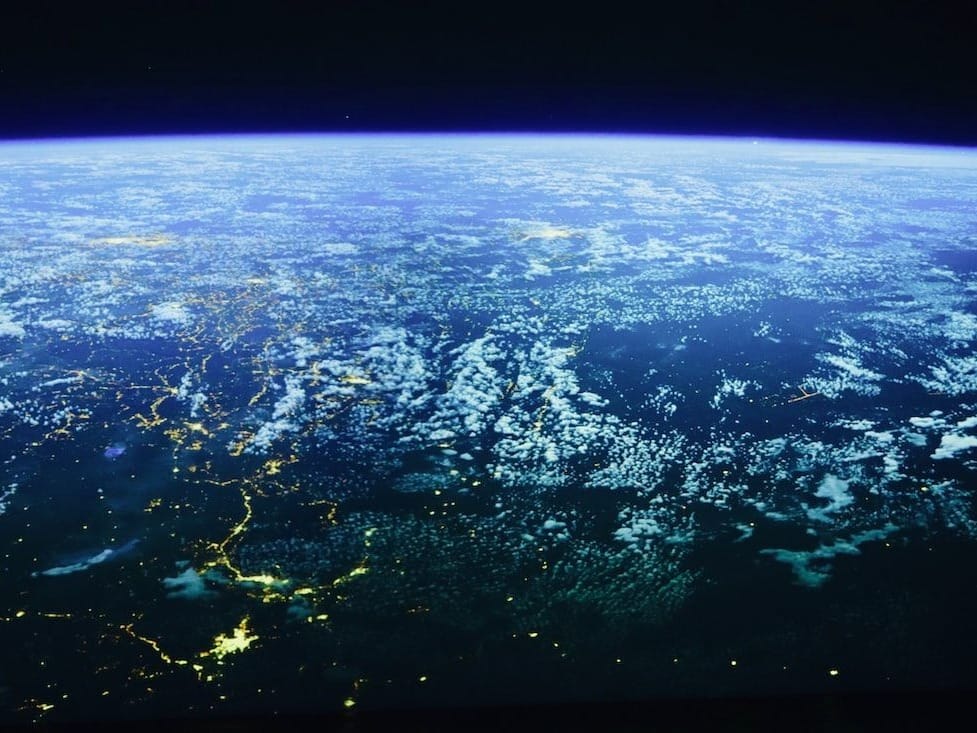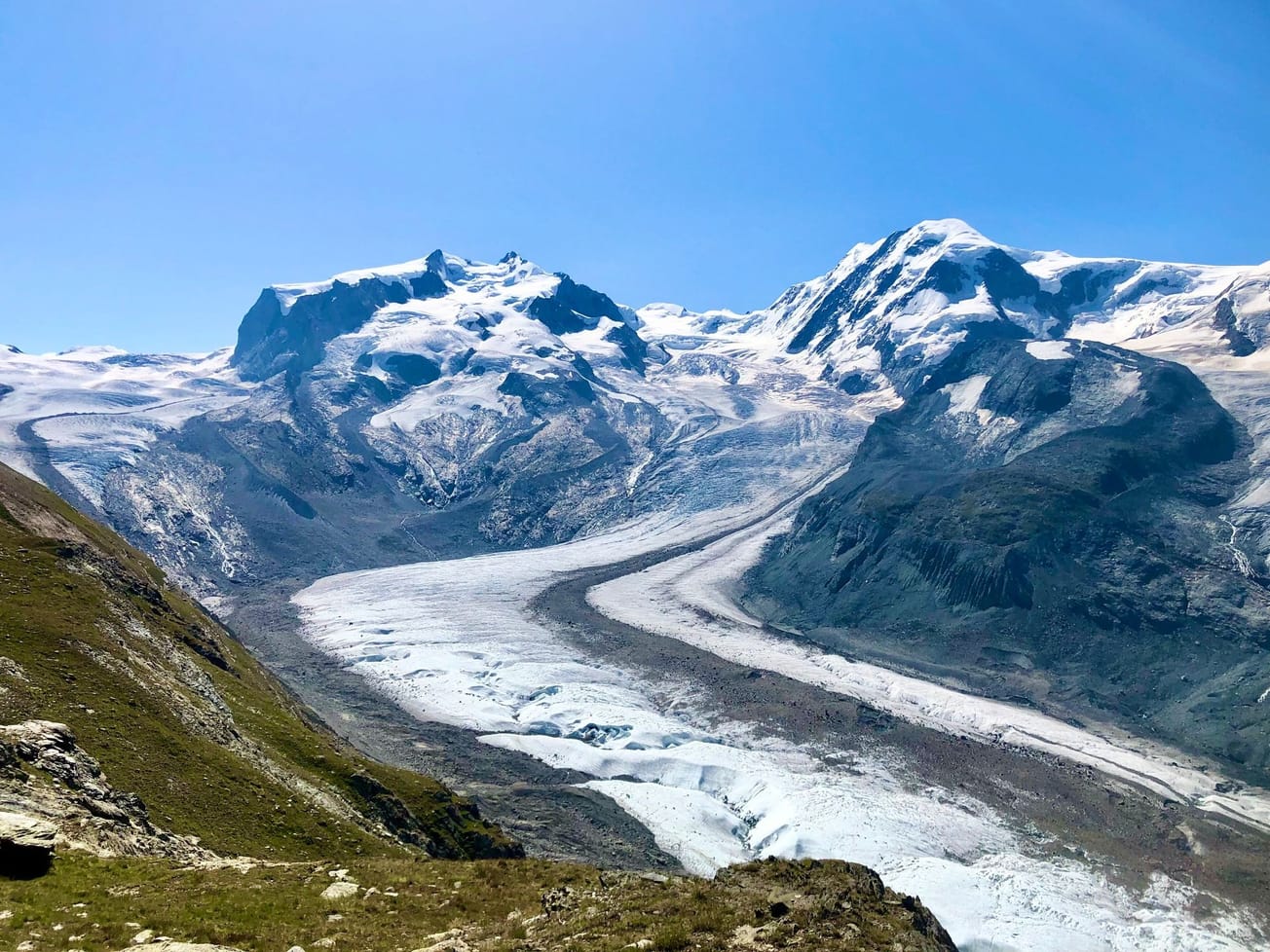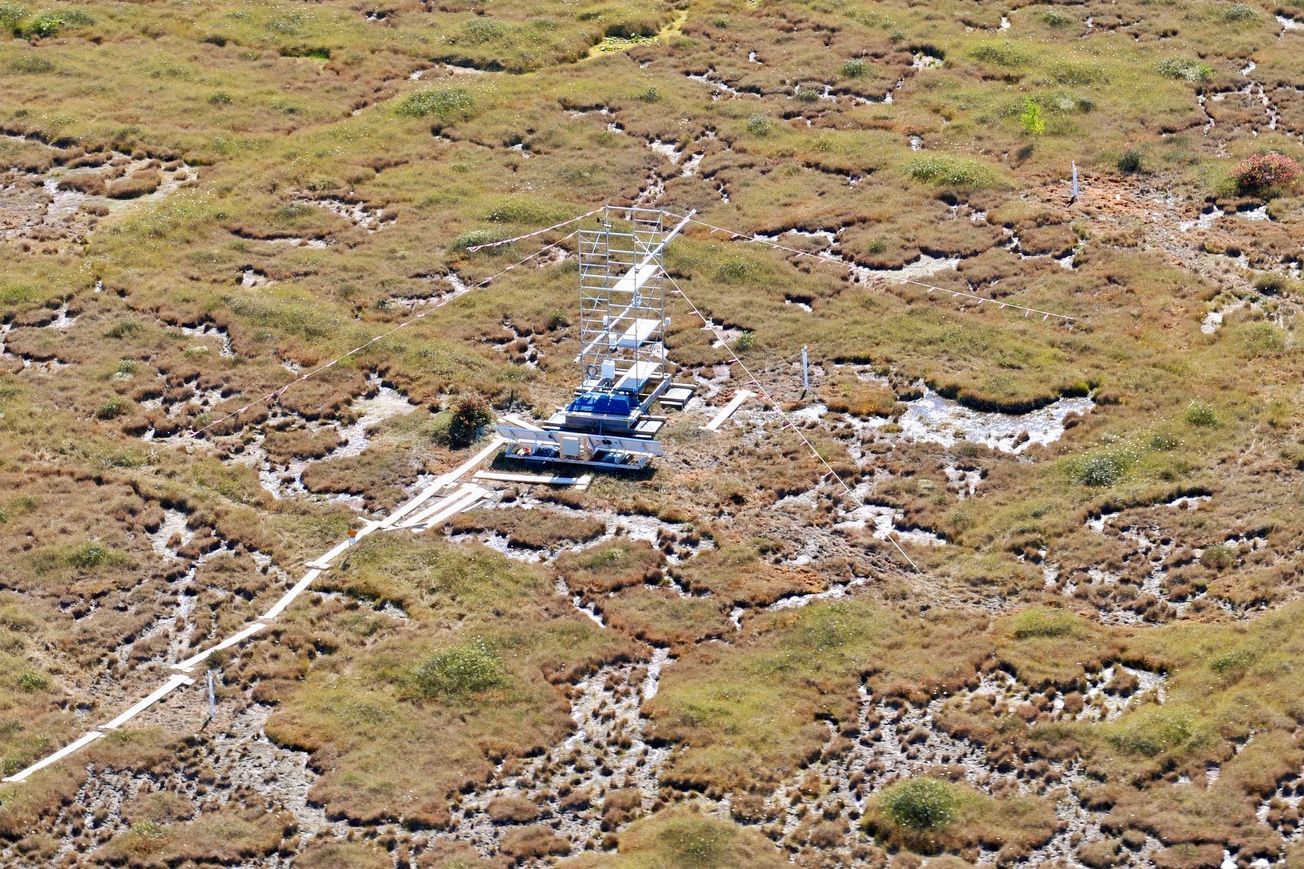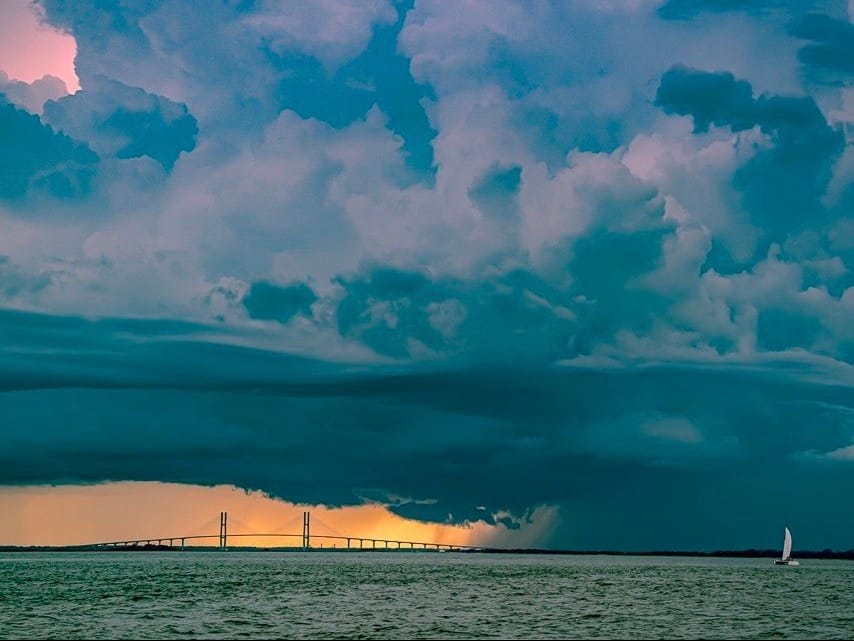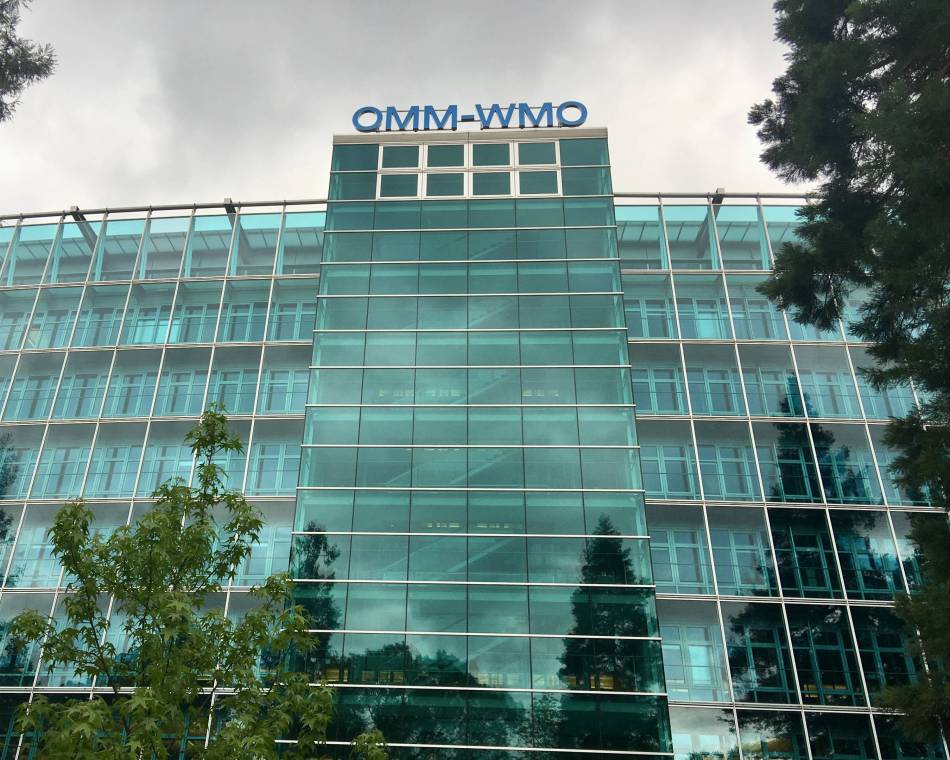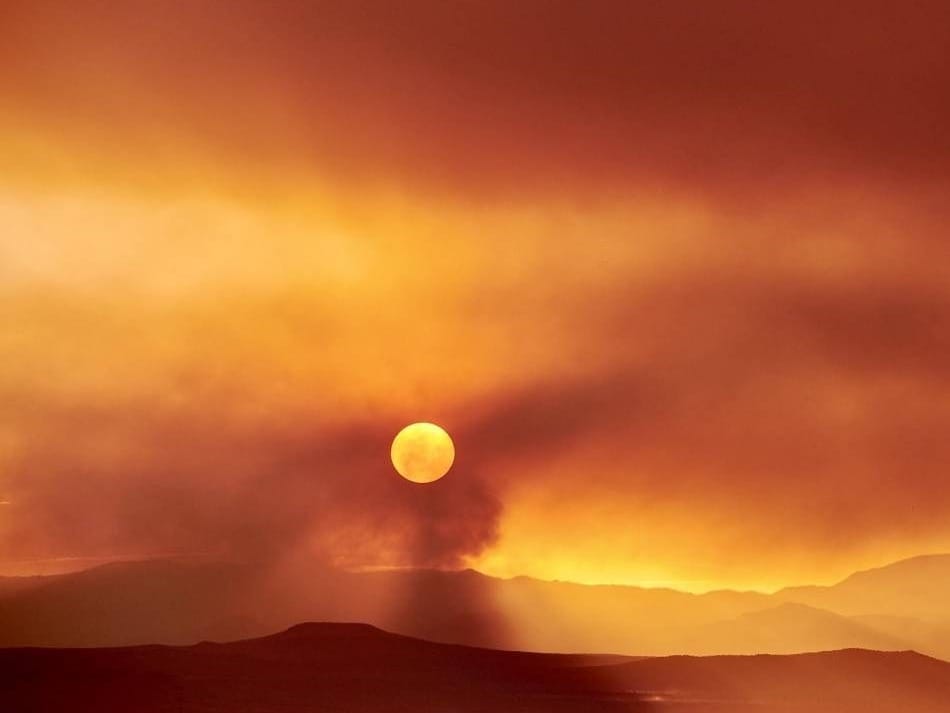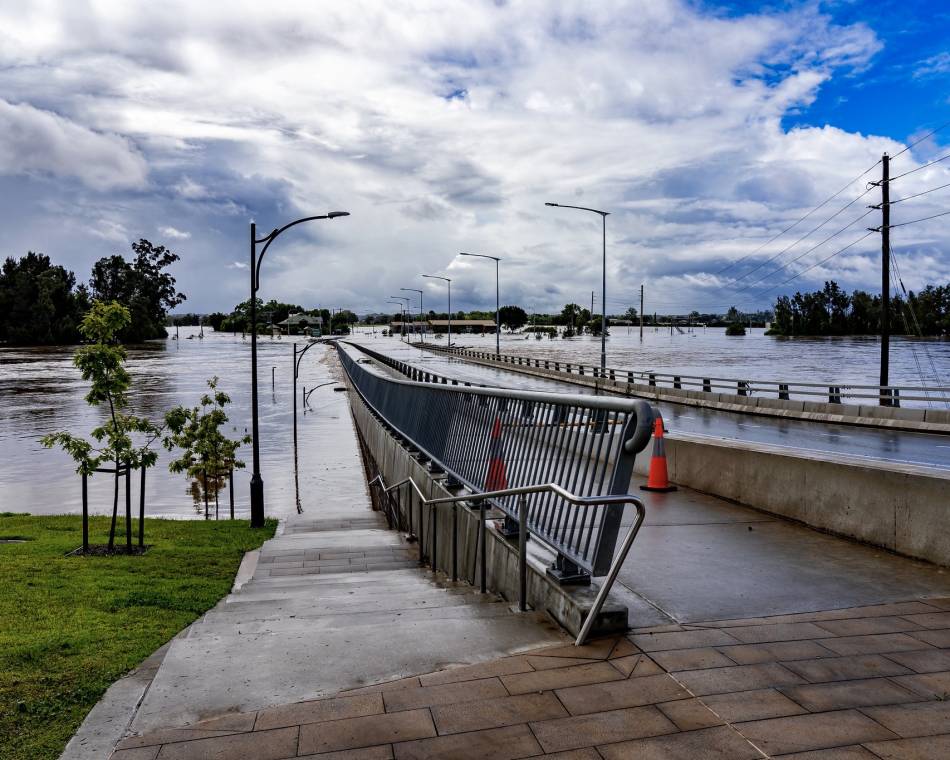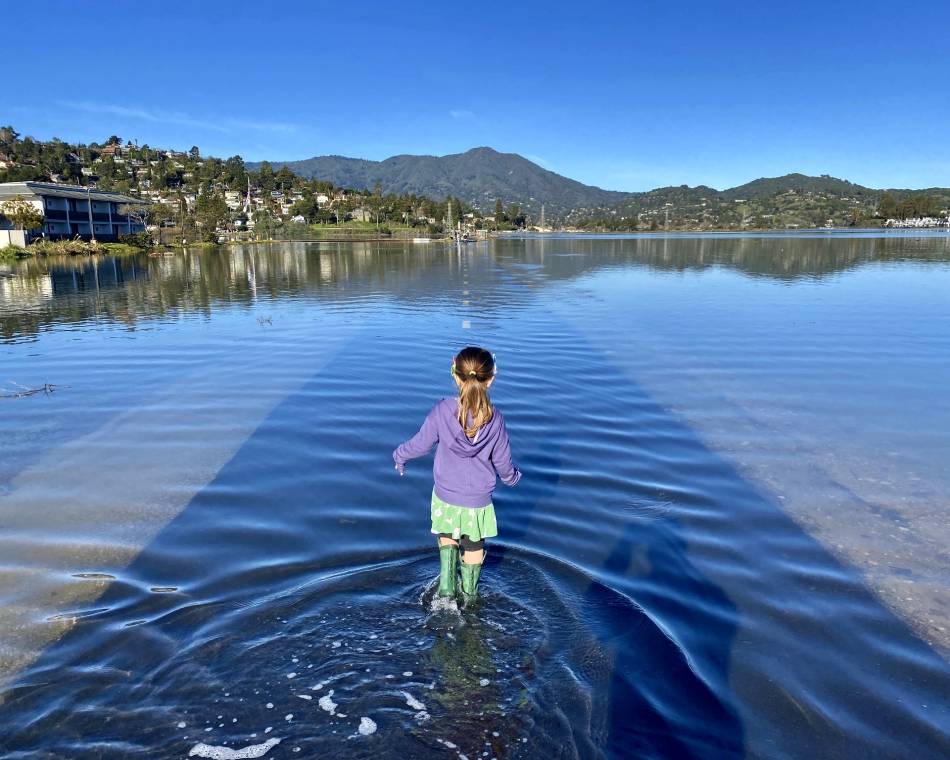
Argentinian meteorologist Celeste Saulo to lead U.N. weather agency
Saulo, who has led Argentina's National Meteorological Service since 2014, is the first woman elected as WMO's chief.
Already have an account? Log in
Saulo, who has led Argentina's National Meteorological Service since 2014, is the first woman elected as WMO's chief.
The annual average near-surface global temperature between 2023 and 2027 will likely be more than 1.5° Celsius above pre-industrial levels for at least one year.
WMO says the warming effect on global temperatures usually plays out in the year after an El Niño event develops.
Droughts, floods and heatwaves drove food insecurity and mass migration as communities on every continent were hit by massive costs, the World Meteorological Organization said.
The head of the U.N. panel of climate experts called for quick action because 'inaction and delays are not listed as options.'
A third of the world, mainly in least developed countries and small island developing states, isn't covered by early warning systems.
The tiny island nation made the case that more attention must be focused on the threat of rising sea levels and gaps in international law about loss of land.
The ozone layer is expected to recover to 1980 values by around 2066 over the Antarctic and by 2045 over the Arctic.
Some 3.6 billion people face inadequate access to water at least one month per year, and this is expected to increase.
The U.N. proposed a system for reaching everyone on Earth with early warnings against extreme and dangerous weather.
The World Meteorological Organization said the jump in methane concentrations from 2020 to 2021 was the largest since systematic measurements began.
In a climate change twist, the U.S. weather agency finds less air pollution can cause more hurricanes.
The U.N. weather agency confirmed the past seven years were the hottest on record in a new report that will serve as the basis for global climate negotiations.
A UN report finds wildfires are burning longer and hotter, and will likely become more frequent in some areas.
Within the next five years the world has an almost 50-50 chance of temporarily surpassing the 1.5 degrees Celsius warming threshold, WMO reported.
A panel of the world's top climate scientists began putting the final touches on their latest comprehensive look at how global warming affects the planet.

